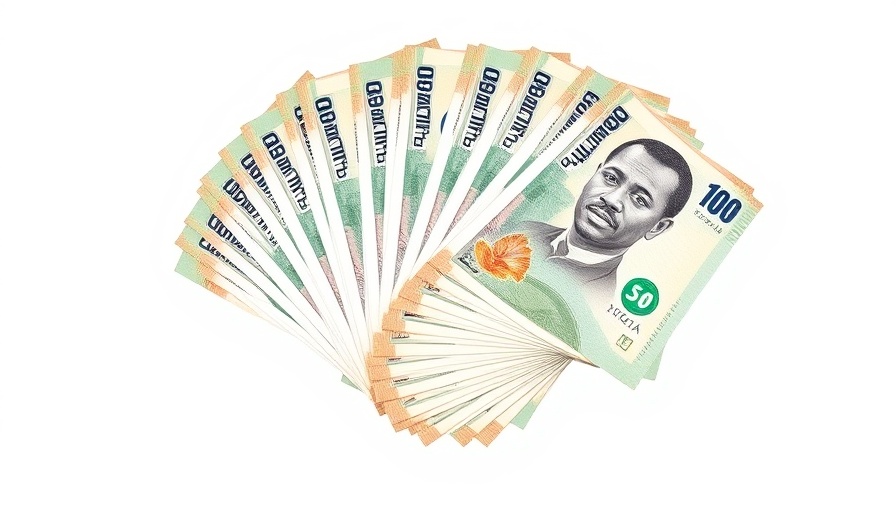
The Economic Landscape of Nigeria: A Crucial Period
The recent announcements by the Financial Derivatives Company (FDC) regarding Nigeria's economic outlook have sparked considerable attention among analysts and the general public alike. With projections of a stable Naira and an anticipated reduction in inflation rates, many are questioning the trajectory of Nigeria's economy in this complex global landscape.
In FDC Projects Stable Naira and Lower Inflation, the discussion dives into Nigeria's economic forecast, exploring key insights that sparked deeper analysis on our end.
Understanding the Role of the Naira
The Naira, Nigeria's national currency, is often seen as a barometer of the country's economic health. FDC's projections suggest that the Naira is expected to hold steady against major currencies, which could signal increased confidence among investors. Historically, a stable currency has been key to achieving sustainable economic growth, reducing import costs and streamlining trade for local businesses.
Inflation Trends: What Do They Mean for Nigerians?
Nigeria has grappled with high inflation rates for several years, affecting the purchasing power of average citizens. Lower inflation predictions may offer significant reprieve for households struggling with rising prices. If effective policy measures are implemented, this could enhance the economic wellbeing of millions, allowing families to invest in essentials such as healthcare and education.
Political Influences on Economic Stability
The implications of stable currency and reduced inflation rates inevitably lead to a discussion of Nigeria’s political environment. Government action, particularly in terms of fiscal policy and economic reforms, is pivotal in maintaining the momentum created by favorable projections. For example, the need for transparency and accountability in governmental financial practices cannot be overstated if these projections are to be actualized.
Comparative Analysis: Africa's Economic Landscape
This anticipated stability in Nigeria's economy stands in stark contrast to other African nations grappling with economic volatility due to geopolitical tensions and inflationary pressures. Nigeria, often viewed as the economic powerhouse of West Africa, holds the potential to influence broader economic narratives on the continent. A thriving Nigerian economy could invigorate trade relationships and partnerships with neighboring countries.
Future Predictions: A qualitative outlook
While the FDC's forecasts are promising, they are not without caveats. Economic stability requires continuous monitoring and adjustments to align with both local and global trends. Analysts propose that maintaining fiscal discipline, while embracing innovative economic models, could lead Nigeria towards sustainable growth. The integration of technology into various sectors could also drive efficiency and further bolster economic resilience.
Counterarguments: A Call for Critical Evaluation
Despite the optimistic projections, there are inherent risks that must be considered. External factors such as fluctuating oil prices and global economic downturns could rapidly alter Nigeria's economic landscape. A nuanced understanding of these challenges is essential for citizens and policymakers alike.
In reviewing the implications of these forecasts, it is imperative for Nigerians to remain engaged in the economic narrative. As political decisions continue to influence economic outcomes, informed citizens can advocate for transparency and accountability, ensuring that the country’s resources are utilized effectively for the benefit of all.
 Add Row
Add Row  Add
Add 


 Add Row
Add Row  Add
Add 

Write A Comment